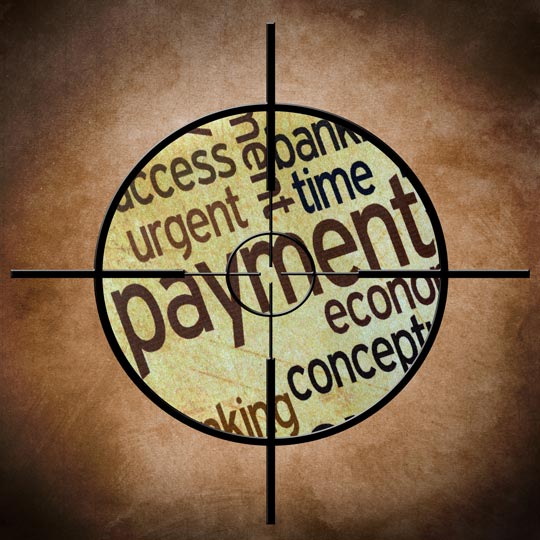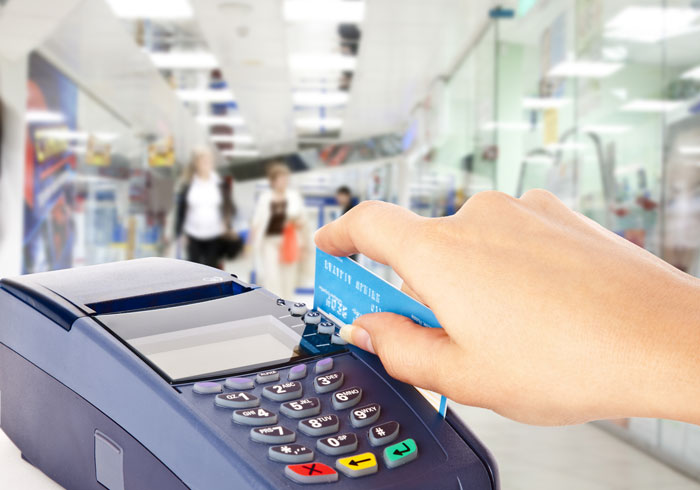The 14th February is the closing date for submissions to the Treasury relating to the ongoing access to cash in Australia. I made a show on this called “Are We In The Midst Of A Cash Long Con?” and argued there that the Government many well be playing a long con with the community ahead of the upcoming election.
Remember that the Treasury paper setting up the request for submissions says Cash acceptance refers to the practice of businesses accepting cash as a form of payment for goods and services. Cash acceptance levels must remain sufficient to enable consumers, including those unable to use digital payment methods, to participate in the economy. The Albanese government has said it would mandate that businesses must accept cash when selling essential items like groceries and fuel from 2026.
And we have run extra questions through our SME survey which showed that over the past 3 years, the proportion of SME’s prepared to take cash payments has dropped to less than 60%. Despite this more than 75% would welcome a cash mandate, but again only with the caveat that first cash is readily available, and at low or no cost. There was also a higher level of support for cash in Regional and Rural areas compared with the large cities.
But this cash supply issue is complex, as reported by the AFR, and there is a critical upcoming date of July when the temporary arrangements with Armaguard, who moves cash around the country are up for review.
Actually this is one of the most compelling reasons to create a Government Bank, perhaps for full banking via the Australia Post network.
But of course this is beyond the election horizon of May, so Labour can say they are doing things, in response to the public pressure as encapsulated in the Regional Banking Inquiry. Access to physical cash is a human right which needs protecting, but of course the banks hate it. How the life blood of banking cash, became an expensive overhead is the shame here. But the Government con is a big part of the story.
Remember to make your submission by Valentines day.
http://www.martinnorth.com/



